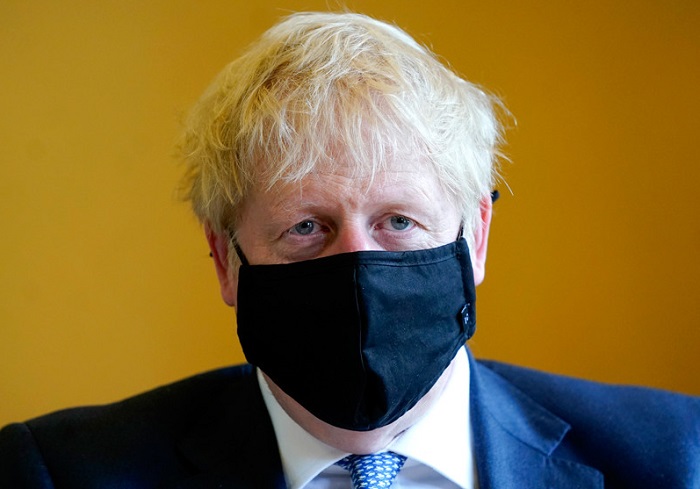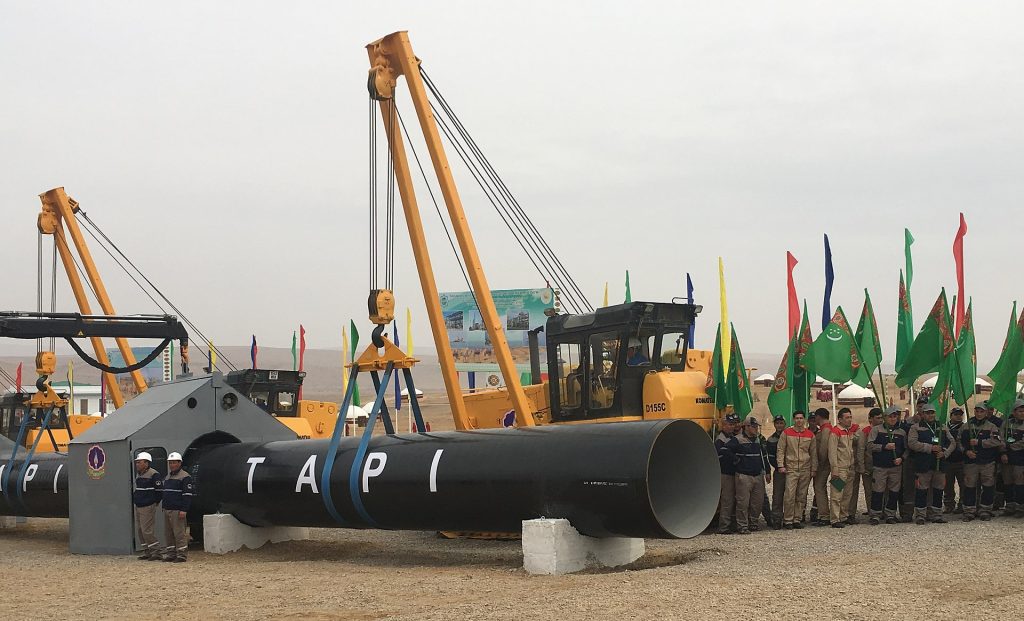In a recent survey of 100 energy industry chief financial officers, professional services firm BDO found that 72 percent of the executives queried plan to increase budgets in their risk management and compliance departments next year.

The current coronavirus outbreak, which the World Health Organization on Thursday reported has stricken nearly 47,000 people in 24 countries, could put heightened risk management and compliance efforts among oil and gas industry players to the test.
“The added resources in these departments can help companies plan for and navigate unforeseen disruptions like the coronavirus,” Clark Sackschewsky, national leader of BDO’s Natural Resources Practice, told Rigzone.
Sackschewsky pointed out oil markets share the same primary concern prevalent in other industries during a public health crisis.
“If it is not contained and the risk continues or expands significantly geographically, the impact would be felt in every industry and could have long-term impacts on the entire economy,” he said.
In the context of oil demand, Sackschewsky observed that a global public health issue such as the coronavirus outbreak creates a two-fold effect.
“First, with people’s fear of contracting a contagion, there is a significant reduction in travel that impacts the demand for oil from the travel industry,” he said. “People will start rethinking travel plans, resulting in the reduction of flights and other travel means that are large consumers of oil and oil-based products.”
Major energy users outside the travel industry are also starting to take a hit from the coronavirus, the BDO executive noted.
“Secondly, as we are seeing in China, manufacturing facilities may shut down to help stop the spread, reducing the need for energy by large consumers,” Sackschewsky explained. “With less output, there is again less transportation of goods, reducing the demand for oil. As investors pull away from the oil sector, oil prices continue to slide.”
BDO’s recent Energy Outlook Survey of CFOs – representing oil and gas and other energy sectors – reveals several negative impacts of low oil prices, said Sackschewsky. He cited the following findings:
- 33 percent of CFOs surveyed attributed low oil prices to stalled investments in technology
- 24 percent classified cheaper oil as a hindrance to new project financing
- 20 percent noted the oil price decline has prevented merger and acquisition transactions.
“New downward pressure on oil prices is likely to exacerbate these conditions,” concluded Sackschewsky. “In a public health crisis, there will always be a negative impact on the demand for oil … There is no way to predict a public health crisis. The only thing oil market players can do is hedge their exposure to risk. It will limit their upside, but also can limit the risk to events that impact the demand.”














